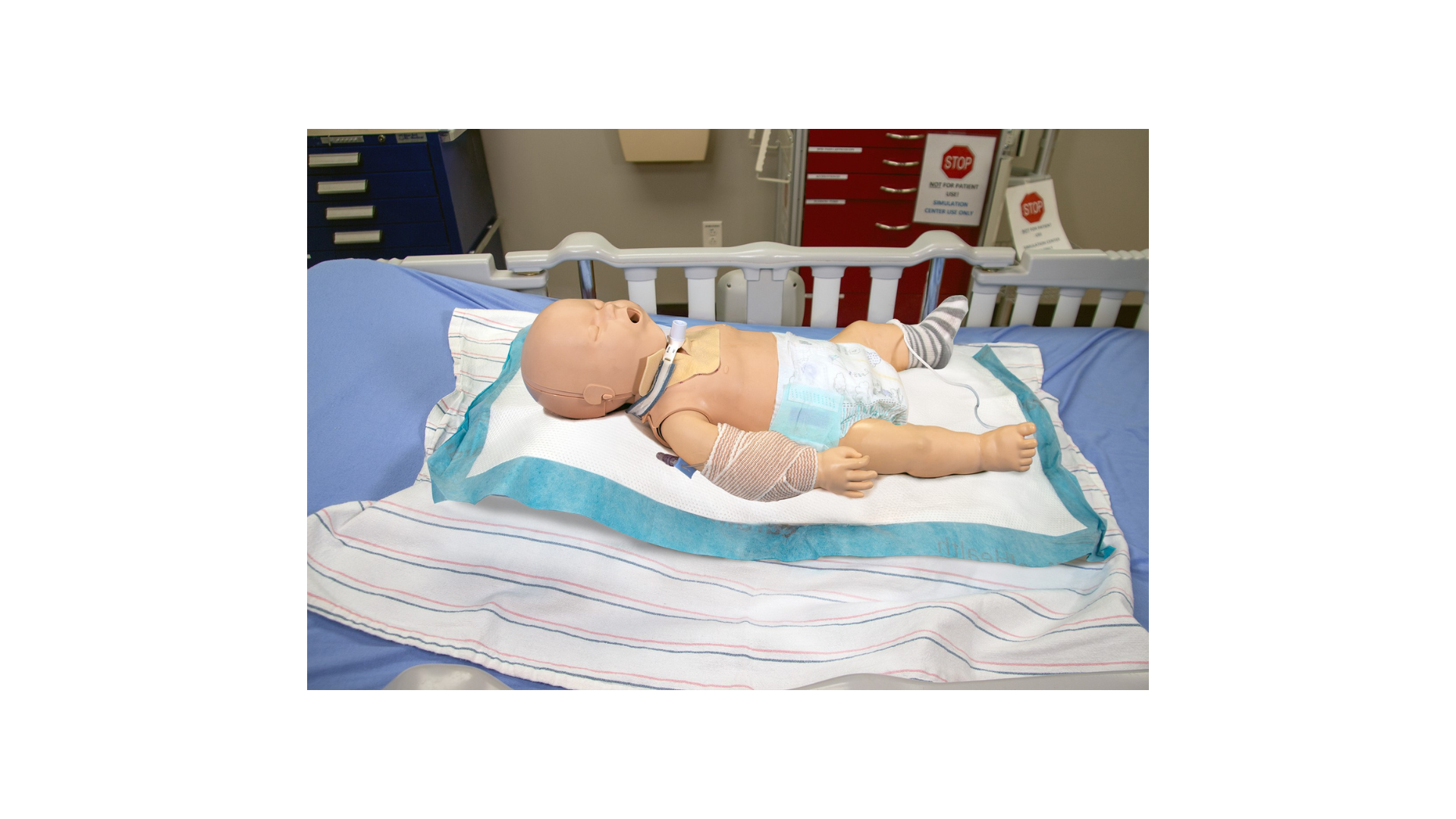Increasing Colon Cancer Screening During the COVID-19 Pandemic
October 8, 2020
The coronavirus disease 2019 (COVID-19) pandemic has left many people with free time on their hands as other activities are cut to avoid exposure to the virus. What if we used this time during the pandemic to strengthen screening for cancers? When later-stage cancers are discovered, patients often undergo surgery with open wounds, new stomas, and other risk factors for infection.
These wounds may require wound vacuum devices, complex dressing changes, increased nursing time, and in some cases an increased length of hospital stay. After discharge, these patients often require care in a skilled nursing facility to help them transition to home care. Can we prevent ostomies and wounds by making screening more accessible? Further, the diagnosis of cancer can lead to hospitalization and an increased need for adjuvant therapy such as chemotherapy or radiation, which weakens the immune system.
Thoughts on Increasing Prevention Efforts
How can we avoid open abdomens, ostomies, and hospitalizations related to colon cancer by using this time during the pandemic to strengthen screening for cancers? What if companies that provide supplies for colon cancer treatment were instead to supply screening resources for occult blood tests or the newer, more accurate stool tests, genetic testing for hereditary screening, and a list of specialists in the area? According to recent reports, COVID-19 has halted many procedures unless the person was already diagnosed with cancer and was in line for treatment before the pandemic.
Even then, patients may delay treatment because of fear of COVID-19.1 Dr. Norman Sharpless,2 Director of the National Cancer Institute, warns that the absence of screenings and treatments could result in 10,000 excess deaths from breast and colorectal cancer in the next decade. These two cancers comprise almost 17% of all cancer deaths. The Prevent Cancer Foundation released survey results of more than 1,000 respondents and found that approximately 35% of Americans have missed routine cancer screenings as a result of COVID-19 fears. Additionally, 43% of Americans have missed medical appointments.
The Importance of Screening
Screening is especially important for patients who have a personal or family history of cancer. An article by Rodriguez in USA Today contains the following quotation from Dr. Therese Bevers, Medical Director of the University of Texas MD Anderson Cancer Center: "People should understand that they are more likely to die from cancer that has progressed as they sit at home to prevent COVID-19...than they are to die from COVID-19."3 Another issue is that annual appointment and face-to-face visits have changed to virtual visits. People who may have noticed minor changes in their elimination patterns or vague symptoms such as bloating or fecal color and shape changes may not have mentioned these changes during their virtual appointments. Colon cancer is a silent disease.
It does not manifest until symptoms are more severe, at which point a person may seek care. Moreover, colon cancer is not generally talked about, so people may not know that what they are experiencing could be symptoms of the disease. Right now, people are not being screened early, and this delay can result in a higher incidence of later stages of colon cancer at diagnosis that would mean greater health care costs to patients and their insurance carriers. What if we used this spare time to develop holistic networks with providers that would make screening tests and products accessible to patients?
We could enable partnerships with genetic screening providers for patients with a family history of cancer or for certain patients who are younger than 50 years of age, instead of just providing supplies to use after a cancer diagnosis and surgery. If we can make other types of genetic tests (e.g., 23andme.com, ancestry.com) readily available, why not cancer screening tests for at-risk populations?
Conclusion
Now, during this COVID-19 pandemic, is a time when we must rethink and change cancer screening practices. Why not provide ways to improve screening for those at risk and genetic testing for those with a family history? This increases patients' ability to be involved in their own health care and provide screening for people who are at risk as determined by their history or as confirmed through genetic testing.
References
National Foundation for Cancer Research. Deadly Decisions: COVID-19 or cancer? 2020. https://www.nfcr.org/blog/deadly-decisions-covid-19-or-cancer/. Accessed September 10, 2020. Sharpless NE. COVID-19 and cancer. Science. 2020; 368(6497):1290. DOI: 10.1126/science. abd3377.
Rodriguez A. People 'afraid to go to doctors': a third of Americans miss cancer screenings, survey suggests. USA Today July 28, 2020. https://www.usatoday.com/story/news/health/2020/07/28/coronavirus-pande…. Accessed September 10, 2020.
About the Author
Ivy Razmus, RN, PhD, CWOCN is an Assistant Professor at the University of Detroit Mercy where she is currently teaching in the BSN Nursing program. Her research focus is on pressure injury prevention for pediatric patients including neonatal patients. She has experience as a Manager of Pediatric populations both neonatal and pediatric intensive care; as a quality analyst within a health system focusing on nursing sensitive quality indicators and root cause analysis; and as a CWOCN in the acute, critical and outpatient settings in the adult population.
The views and opinions expressed in this content are solely those of the contributor, and do not represent the views of WoundSource, HMP Global, its affiliates, or subsidiary companies.











